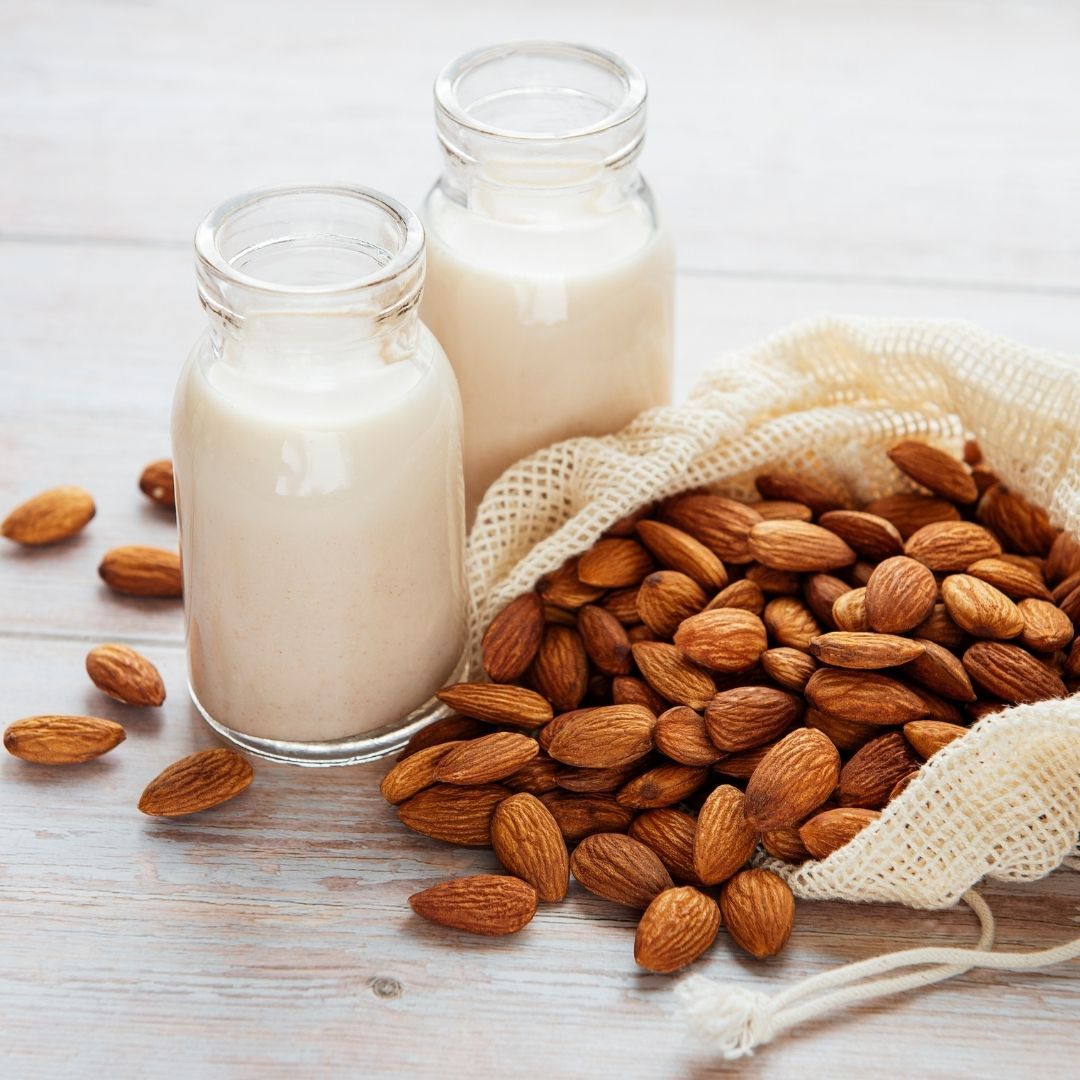HARMONY WITHIN: Nurturing the Gut-Brain Axis for Mood and Well-being
Introduction:
Embark on a journey where the synergy between your gut and brain unfolds a tale of well-being. Delve into the intricate dance of neurotransmitters, mindful nutrition, and lifestyle practices that form the foundation of a harmonious connection between gut health and mental well-being.
Understanding the Gut-Brain Connection:
The gut, often hailed as the second brain, orchestrates a silent symphony with our central nervous system. This intricate connection is the gut-brain axis—a complex network of neurons, hormones, and chemicals facilitating constant communication. Remarkably, approximately 90% of serotonin, the neurotransmitter steering mood and happiness, is produced in the gut. This revelation underscores the profound impact of nurturing gut health on mental well-being and emotional equilibrium.
The Influence of Diet on Mood:
Our dietary choices wield a powerful influence on our mental state. The detrimental cycle of fad diets, laden with artificial ingredients, can disrupt the delicate balance of the gut microbiome, affecting emotional well-being. A focus on whole, nutrient-rich foods becomes paramount. To optimise gut health and sustain balanced moods, embrace a diet comprising good-quality protein, complex carbohydrates, fibre, and omega-3 fatty acids.
Feel-Good Foods:
Embarking on a journey towards equilibrium, consider incorporating these feel-good foods into your daily repertoire:
- Healthy Fats: Avocado, coconut oil, and olive oil.
- Protein-Rich Options: Organic eggs and quality proteins.
- Nutrient Powerhouses: Nuts, seeds, homemade granola, nut butters, tahini, hummus.
- Balanced Nutrition: Fruits, Greek yoghurt (full fat), organic butter, oats, oily fish, chia seeds, flaxseed, coconut products, dark/raw chocolate.
- Gut Boosters: Probiotics (kimchi, sauerkraut, kefir, kombucha), prebiotics (garlic, onions, leeks, Jerusalem artichokes), leafy greens, colourful vegetables.
Stress and Its Impact on the Gut:
The gut-brain dialogue is reciprocal, and stress becomes a formidable disruptor. Cortisol, the "fight or flight" hormone released during stress, diverts resources from the digestive system, impacting enzyme production and food movement. Stress further upsets the gut microbiome balance, contributing to symptoms like bloating, constipation, or diarrhoea.
Feel-Good Lifestyle Practices:
Counteracting stress's grip on the gut involves strategic lifestyle adjustments:
- Mindfulness Meditation: A powerful stress-buster, lowering cortisol levels and restoring balance.
- Regular Movement: Beyond reducing cortisol, it stimulates endorphin production, the body's natural mood lifter.
- Adequate Sleep: Essential for regulating the body's stress response.
- Relaxation Activities: Reading, music, warm baths—simple yet effective stress-relief practices.
Conclusion:
In the intricate dance of mood and food, the gut emerges as a key player. By understanding this profound connection, making mindful dietary choices, and incorporating stress-reducing lifestyle practices, you embark on a holistic journey towards well-being. May the harmony between your gut and brain resonate, bringing forth a symphony of vitality, balance, and enduring joy. For those seeking guidance on crafting nutrient-dense meals and stress-relief practices, the path to well-being is illuminated with possibilities.






